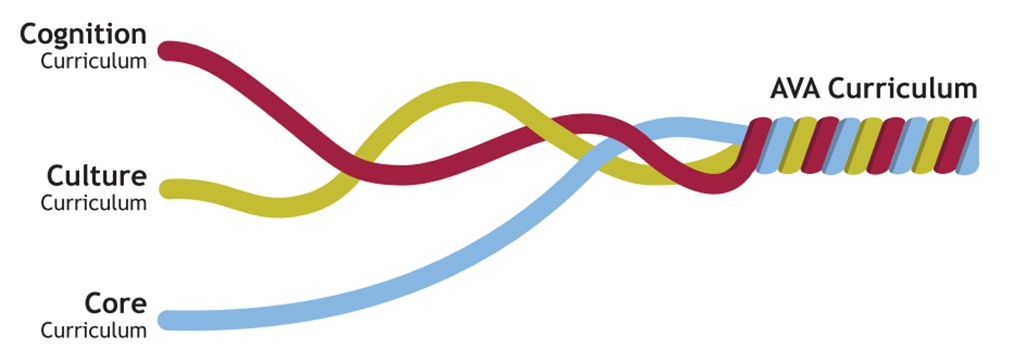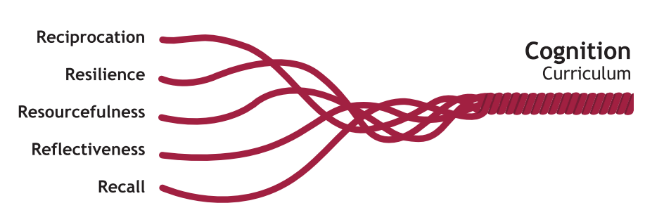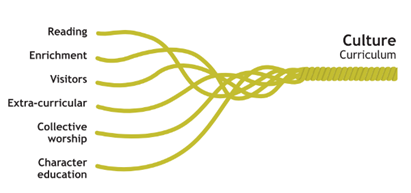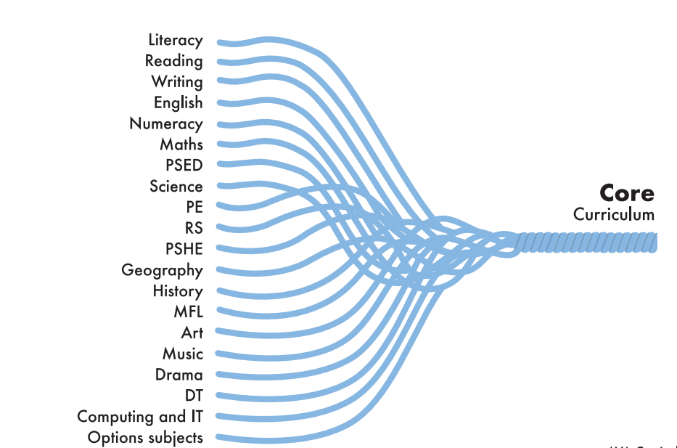
DESIGN & TECHNOLOGY
» The Design & TechnologyTeam
» Curriculum Intent
The Design & Technology Team
Curriculum Leader - DT
Miss C Whooley - cwhooley@theacademy.me
Teachers of Design & Technology
- Mr D Anandavasagar
- Mr T Aderbigbe
- Mr A Hanson
- Mrs L Lewis
- Mrs A Olariu
Health & Social Care
Curriculum Leader - Health & Social Care
Miss S Makoni - smakoni@theacademy.me
Teachers of Health & Social Care
- Mrs P Sharma
Curriculum intent

COGNITION CURRICULUM
 Design and Technology is a practical and valuable subject. It enables pupils to actively contribute to the creativity, culture, wealth and well-being of themselves and their community. It teaches pupils how to take risks and so become more resourceful, innovative, enterprising and capable.
Design and Technology is a practical and valuable subject. It enables pupils to actively contribute to the creativity, culture, wealth and well-being of themselves and their community. It teaches pupils how to take risks and so become more resourceful, innovative, enterprising and capable.
Teaching in the department seeks to:
- Create practical and theoretical learning experiences that promote success and raise attainment building a foundation of skill and knowledge through the repetition of key concepts - Recall
- Establish an interactive dialogue with students at a challenging pace - Reciprocation and Resilience
- Introduce real scenarios and design issues that are meaningful to students - Resourcefulness
- Motivate students through design tasks in which students take ownership of their work and own learning - Resourcefulness
- Value and celebrate students’ creative and innovative contributions, encouraging openness to ideas and critical reflection - Reflection
- Allow students to work collaboratively in groups, sharing ideas - Reciprocation
- Explore with students the diversity of the application of design and technology in different cultures and the past - Reflection
CULTURE CURRICULUM
 Reading – we encourage students to read online articles and publications both in lessons and as homework or extension tasks. These primarily relate to current developments in technology, materials, manufacture and sustainability. Key Stage 4 students are signposted to extended reading material based around their material area of study.
Reading – we encourage students to read online articles and publications both in lessons and as homework or extension tasks. These primarily relate to current developments in technology, materials, manufacture and sustainability. Key Stage 4 students are signposted to extended reading material based around their material area of study.
As part of our extra-curricular provision we offer a number of opportunities for students to take part in tournaments, competitions, events and trips. The department is building links with local businesses and industry in order for students to gain valuable work experience, knowledge from visitors and guest speakers, specialist practical techniques and future study/career options such as apprenticeships.
We offer enrichment opportunities for students by delivering a number of extended school activities such as Cooking Healthy Meals, Computer Aided Design, Textiles and Woodcraft. At Key Stage 3 we give students the opportunity to be part of STEM workshops that are delivered by external providers in school or remotely.
Students develop their character by learning about the positive and negative impacts of technology and industry on the modern world and the environment enabling them to make better choices when it comes to living more sustainably. Additionally, the curriculum provides excellent opportunities for pupils to develop and apply value judgements of an aesthetic, economic, moral, social, and technical nature both in their own designing and when evaluating the work of others.
CORE CURRICULUM
 The Design Technology Department offers a wide range of subject disciplines to students, taught by specialist staff. The department follows a strong STEM agenda closely linked to Science and Mathematics.
The Design Technology Department offers a wide range of subject disciplines to students, taught by specialist staff. The department follows a strong STEM agenda closely linked to Science and Mathematics.
All students study Design and Technology during Key Stage 3 and it is then taken as an option in Key Stage 4.
In Years 7 and 8 students are taught Food Technology, Textiles, Product Design and STEM.
In years 9, 10 and 11 we offer AQA GCSE Design Technology, NCFE Level1/2 Technical Award in Engineering and WJEC Level 1/2 Vocational Award in Hospitality and Catering.
